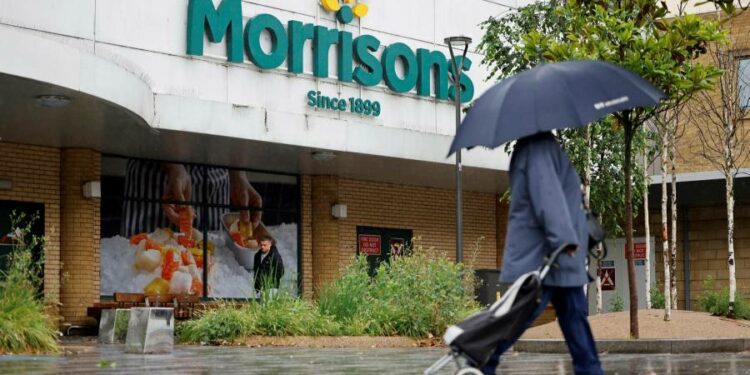The UK’s competition regulator is set to approve the acquisition of supermarket group Wm Morrison by Clayton, Dubilier and Rice in early June after the private equity group offered to sell 87 petrol stations.
CD&R beat off competition from a consortium led by Fortress Investment to take over Morrisons, the UK’s fourth-largest supermarket chain, in October last year.
However, it has been required to run the business at arm’s length pending an investigation by the Competition and Markets Authority into the retail fuel market.
Morrisons operates 339 petrol stations across England, Scotland and Wales, while CD&R is also the owner of Motor Fuel Group, which has 921 sites. This year, the CMA identified 121 locations where competition could be reduced following the takeover.
CD&R has offered to divest 87 MFG sites to other operators to restore competition. The buyers of the sites would have to be approved by the CMA, which could be done after the CD&R takeover of Morrisons has been cleared.
“The sale of these petrol stations will preserve competition and prevent motorists from losing out due to this deal, which is particularly important when prices have recently hit record highs,” said Colin Raftery, senior director of mergers at the CMA.
The proposals will now go out to a consultation that will close on May 17, with a decision expected by June 9.
“If we conclude that the competition issues have been addressed following a consultation on CD&R’s offer, the deal will be cleared,” said Raftery.
If the undertakings offered are not accepted, the CMA would move to a phase 2 inquiry, further delaying the restructuring of Morrisons. However, competition lawyers regard this scenario as highly unlikely.
Morrisons and CD&R declined to comment.
EG Group, which operates petrol stations, had to divest sites when its owners, the Lancashire-based brothers Mohsin and Zuber Issa and private equity group TDR, acquired control of supermarket chain Asda in 2021.
Competition in retail fuel supply was also a factor in the CMA’s investigation into the proposed takeover of Asda by J Sainsbury in 2018, though that transaction was ultimately blocked because of concerns about the grocery market.
Supermarkets have historically played a significant role in the market by using pricing and promotions on fuel to drive footfall into their stores. But as profit margins in their core business have contracted, and independent petrol station operators have become more price-competitive, supermarkets are no longer always the lowest-cost suppliers.











